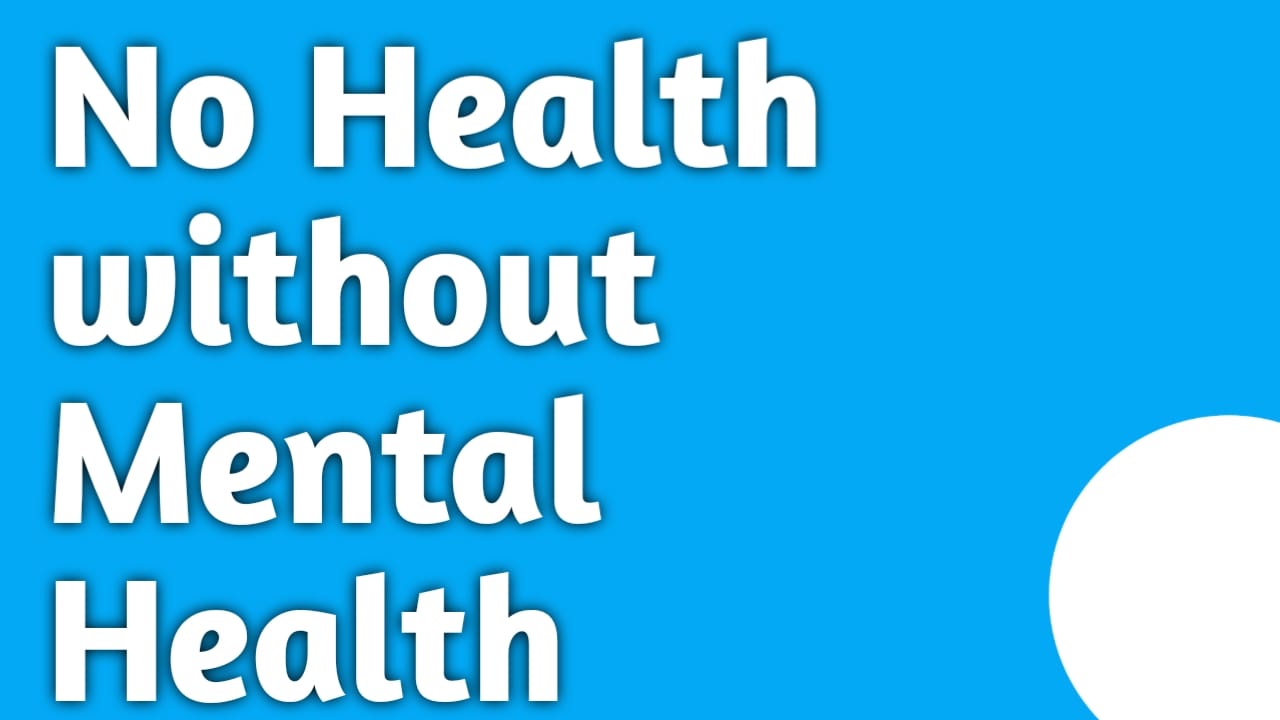The idea of health is incomplete without considering one’s mental health. Mental health is not mere absence of mental disorders but a state of well-being where an individual is able to function to best of their capacity, deal with stressors of everyday effectively and derive a sense of contentment, integrity and purposefulness out of their lives.
A report in 2022 by WHO suggests that one in every eight individuals suffer from mental disorder worldwide. Also, the same report suggests that about 20% Indians suffer from different mental health conditions and to put it in numbers approximately 20+ crore Indians. Alarming, right? But do we seem to take adequate steps to ensure mental wellbeing? Doesn’t seem like. About 70% people in India struggling with mental illness receive no care. And only one out of every ten people appears to receive scientific care for mental health conditions.
If we have to speak of our country, the understanding of mental disorders we have today is far sophisticated than what we had a couple of decades ago. Yet, we are clearly struggling on multiple aspects.
- Lack of awareness and stigma- Imagine one having broken a leg did not realize that they need treatment or when they realize, they do not go the health professional for the fear that people may find out. Sounds strange right? Who would do this to themselves it feels like, right? People are so aware and ready to visit one or in many cases multiple health professionals when their physical health is compromised. Sadly, same is not the case with mental health concerns. Surveys around the world including our country have estimated that around 81% of people under-reported their mental illnesses. Many of them did not even realize that the problems they are facing need intervention from mental health professionals and many of them, almost the half- even after knowing that they need treatment- delayed seeking treatment for the fear that people might find out.
- Discrimination- It is not that people would want to hide mental health issues because they don’t want others to know. They fear the stigma and stigma can lead to discrimination. Discrimination and mental health issues have a cyclic impact on each other, one affecting the other and the other worsening the first. Discrimination excludes the people having mental health from main-stream which can often lead to consequences like losing opportunity to get a job, partner, compromised self-esteem, hopelessness which might eventually increase the intensity of mental health problems one is already facing.
- Availability of Mental Health Professionals (MHPs) – We don’t have adequate qualified MHPs to cater to the size of clientele that requires intervention from an MHP. Psychiatrists, Clinical Psychologists, Counseling Psychologists are far less in number.
However, there is hope. Like our understanding of mental disorders has evolved, there is open discussion on several platforms about mental health issues. The more people talk about it, the more people know about it. Our country seems to have accelerated their efforts to create awareness of mental disorders, prevention, destigmatization and discrimination. Media platforms like news, talk shows, podcasts, shows, and social media have created essential buzz about mental health conditions and needs and rights of people with mental health condition.
These blogs aim to make you aware, help learn more about mental health issues and help you or your loved ones to reach out to the right people.
Take care!
